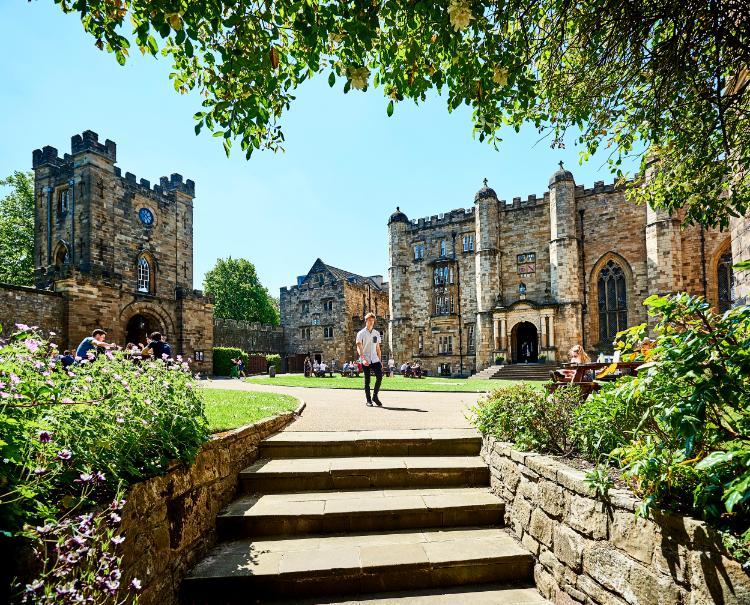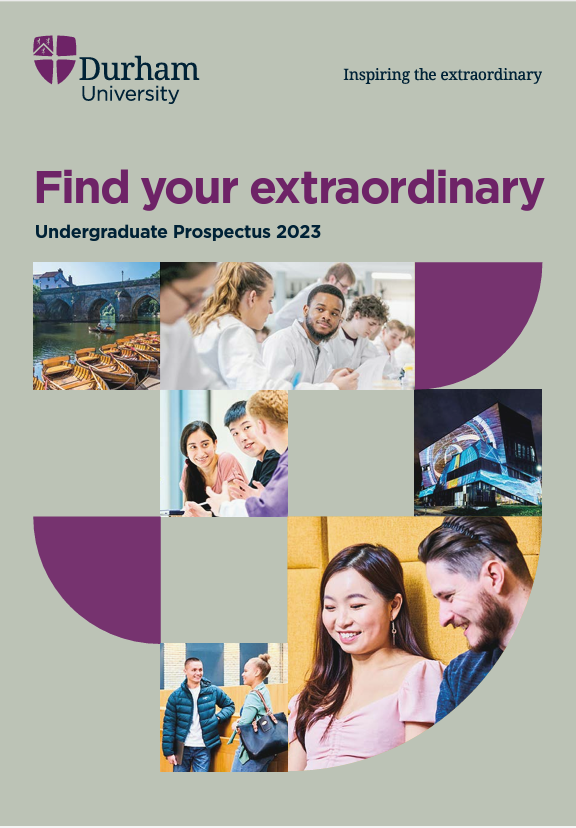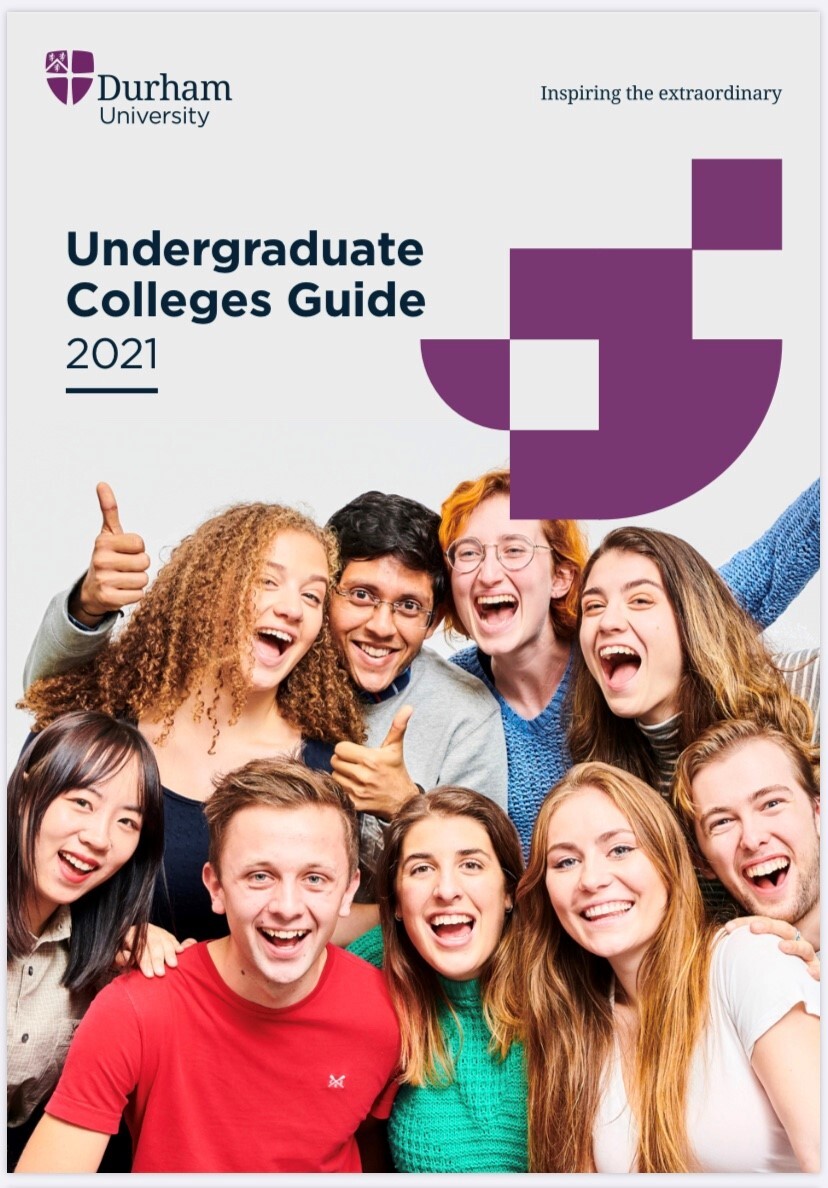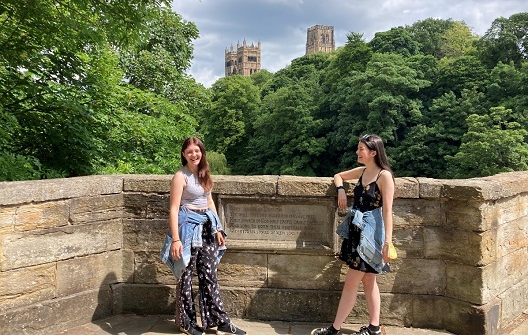Prepare to Stand Out from the Crowd
With our rigorous curriculum and exceptional teaching, you’ll build world-class foundations for graduate employment or further study. You’ll also get a taste of real business – learning from expert faculty members and guest speakers, as well as through hands-on work placements and international study opportunities. With our flexible programmes, you’re in control – choosing a route that suits your own interests and career aspirations.
Study with us
We are a triple accredited business school. Founded in 1965, making us one of the UK's longest established business schools and we are proud to be integral to Durham University. Durham University is in the World Top, QS World University Rankings 2023.
A globally outstanding centre of teaching and research excellence, a collegiate community of extraordinary people, and a unique and historic setting – Durham is a university like no other.
Discover more
Our Courses
Study with us and prepare to stand out from the crowd. With our rigorous curriculum and exceptional teaching, you’ll build world-class foundations for graduate employment or further study.
Scholarships
Scholarships and bursaries are either funded by the University, through partnerships with external organisations or through generous donations from alumni and friends of the University.
UCAS Apply Now
Apply for your chosen course. The UCAS site is packed with tools, including a handy personal statement builder. For Durham University choose D86.
Ask Us
The fastest way to get an answer to your enquiry is to search our online FAQs. If you can't find an answer, send your enquiry to us by completing our webform.
Our Colleges
Our colleges are at the heart of life at Durham. From day-to-day activities to special events, there are so many ways to make friends and have fun, while increasing your skills and experience.
Student Life
At Durham, academic success is only half the story. Our transformative wider student experience will also help you develop as a person.
Open Days, Visits and Tours
Find out about our teaching excellence, explore our award-winning facilities, and experience our distinctive college communities.
Getting here, Access information and more...
Whatever new experiences you’re looking for, you’ll find your place within the evocative and historic surroundings of the city, county and community that is Durham.
Order a prospectus or download a brochure
Find your extraordinary
Chat to a student
Our student ambassadors are here to answer your questions about student life at Durham. They represent a range of different course and colleges. You can filter by subject or read their profiles to find out what college they are a member of.

/prod01/channel_3/business/media/durham-university-business-school/study/undergraduate/Home-Page-Banner-or-Footer-(15).png)

/prod01/channel_3/business/media/durham-university/research-/doctoral-training-centres/durham-global-challenges-centre/86240.jpg)
/prod01/channel_3/business/media/durham-university/study/scholarships/45598.jpg)


/prod01/channel_3/business/media/durham-university/study/international-office-/Box-Image-300-x-200-(1).png)
/prod01/channel_3/business/media/durham-university/departments-/psychology/69733.jpg)
.png)

/prod01/channel_3/business/media/durham-university/external-location-photography-/city-shots-/71746_CastleCourtyard-750X605.jpg)
/prod01/channel_3/business/media/durham-university/wider-student-experience-/welcome/sub-pages/International-Student-Welcome.jpg)


/prod01/channel_3/business/media/durham-university/study/international-office-/79559.jpg)
/prod01/channel_3/business/media/durham-university/study/79173.jpg)





